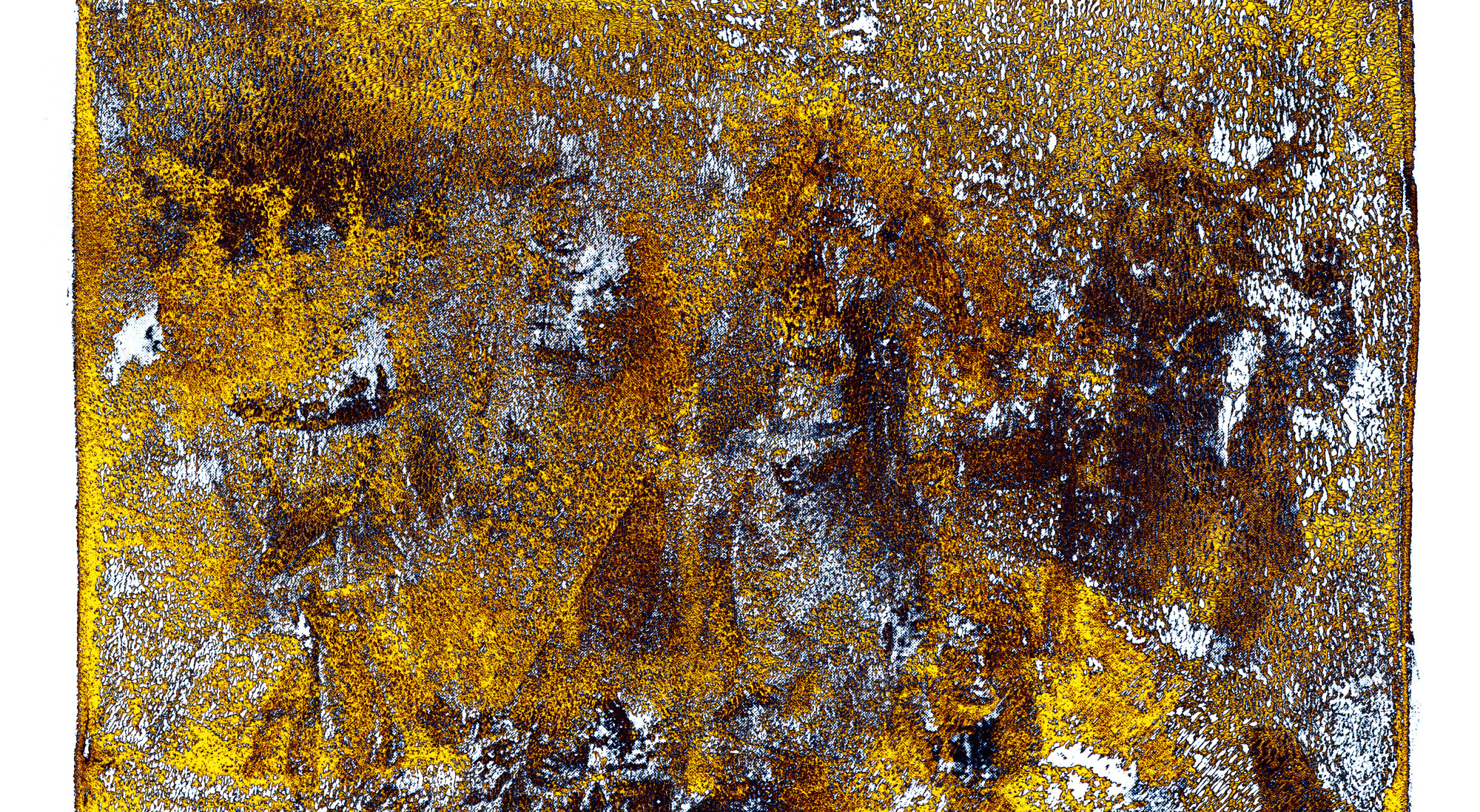Wichaya Artamat
The Dead Still Riot
octoberoct 9 – 12
Thursday october 9
18h
Friday october 10
18h
Saturday october 11
16h
Sunday october 12
14h
Concept and direction Wichaya Artamat. Dramaturgy Pathipon (Miss Oat). Text Wiwat Lertwiwatwongsa, Jarunun Phantachat, Wajana Wanlayangkoon, Prontip Mankhong, Ratchapoom Boonbunchachoke,Thanaphon Accawatanyu. Sound creation Gandhi Wasuvichayagit. Installation design Pornpan Arayaveerasid, Rueangrith Suntisuk. Voice Actor (Thai) Dujdao Vadhanapakorn, Sarut Komalittipong, Sasapin Siriwanij, Ornanong Thaisriwong, Jaturachai Srichanwanpen, Witwisit Hiranyawongkul, Gandhi Wasuvitchayagit, Jarunun Phantachat. Voice Actor (French) Alexandra Flandrin, Fürsy von Colmar (Geoffroy Peverelli), Jessica Pognant, Charly Fournier. Recording Engineer Narongdej Sutiprinyanon, Nut Chotkeatikhun. Thai Southern Dialect Consultant Sofea Sukchusri. Project coordinator Thanakit Karamad. Production Sasapin Siriwanij, For What Theatre.
Coproduction Festival d'Automne à Paris
With the support of the Glass Menagerie
Partner WeCARE Studio, Project V
Le Festival d'Automne à Paris is the producer of this sound installation and presents it in co-realisation with the Ménagerie de verre.
Director Wichaya Artamat, a major figure on the Thai theatre scene, returns this year with The Dead Still Riot, a sound-based new work interweaving tales of insurrection and violence through the ages. Six stories of ghosts from the past take us on a political journey across France and Thailand.
Ranging from the execution of Marie-Antoinette in 1793, to the massacre of pro-democracy demonstrators at the University of Thammasat in 1976, the 2005 riots in the French suburbs, and the death of a taxi driver opposed to the military coup of 2006, The Dead Still Riot brings together a series of significant episodes in the history of French and Thai popular uprisings, all of which have one thing in common, they all took place in October. Exploring in his work the ways in which a society remembers its history, Wichaya Artamat brings the dead to life through the voices of ghost-like narrators who deliver their own version of these violent events. Presented in the form of a sound installation, then as a six-part podcast, this collection of stories intertwines the political history of the two countries. In doing so, it examines the impact of insurrections and revolutionary symbols on our memories, from the barricades to guillotines. This audio drama is the first chapter in a long-term research cycle, the second instalment of which will take shape on the stage at the Festival’s 2026 edition.
In the same place

